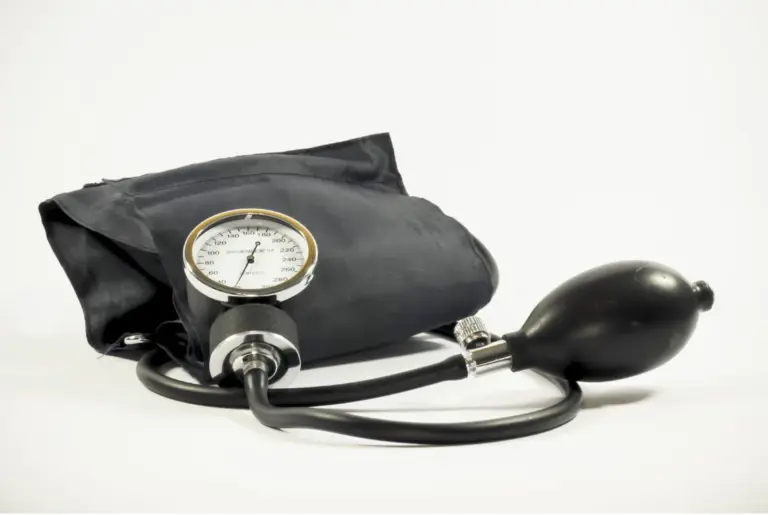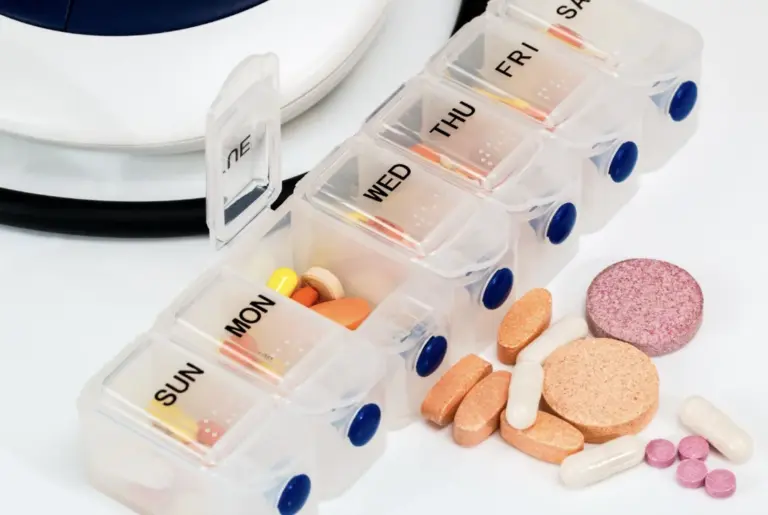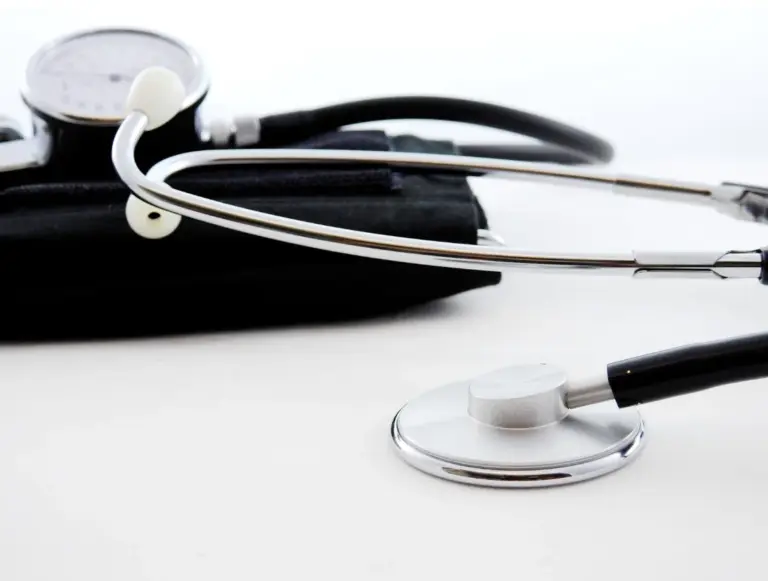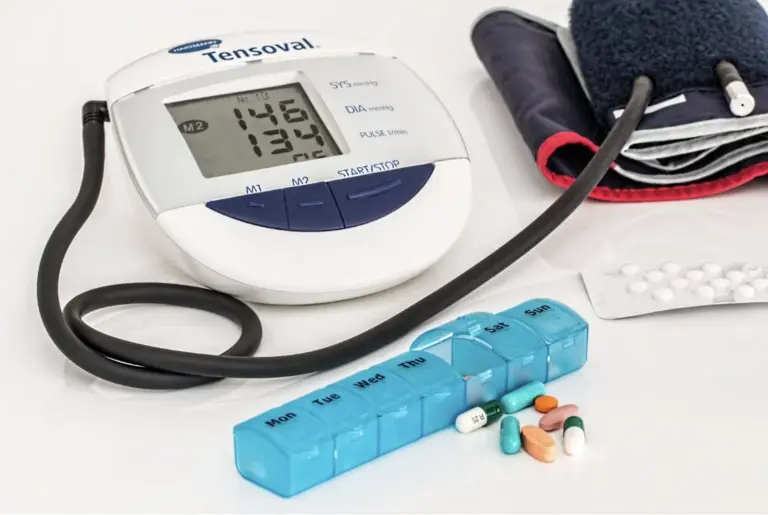Hypertension is often referred to as the silent killer as there are no immediately visible symptoms that occur in patients. In many cases the diagnosis is made only when other medical conditions related to the heart, arteries, kidneys or brain crop up. It’s therefore essential to gain detailed information about hypertension and its types.Just as there are no symptoms, causes of hypertension are also unknown in almost 90% of the cases. Factors such as family history of high BP, age, gender, obesity, smoking, drinking and sedentary lifestyle among others are possible reasons for developing high blood pressure although they remain inconclusive.
There Are Two Types Of Hypertension
- Essential Or Primary Hypertension
- Secondary Hypertension
What Is Primary Hypertension?
 Primary hypertension, also called as essential hypertension, is high blood pressure that is not related to any other medical condition or does not have any secondary cause. Most cases of hypertension are classified as essential hypertension.
Primary hypertension, also called as essential hypertension, is high blood pressure that is not related to any other medical condition or does not have any secondary cause. Most cases of hypertension are classified as essential hypertension.
Risk Factors For Developing Primary Hypertension –
These may include an unhealthy diet, obesity, limited physical activity, chronic stress levels, etc. There are no primary hypertension symptoms and most patients only find out about it during a regular medical checkup. The most effective way to find out if you have essential/primary hypertension is to get your BP checked from your doctor and then read the findings correctly. Blood pressure readings have 2 numbers, the systolic blood pressure and diastolic pressure with the normal range being less than 120/80 mm Hg.
Primary Hypertension Diagnosis –
As blood pressure can fluctuate throughout the day, an occasional high blood pressure reading does not mean that the person has high BP. A proper diagnosis of high blood pressure can be made only when your doctor checks your blood pressure and two or three consecutive readings give higher numbers than the normal range. In some cases the doctor may conduct a physical exam to check for heart disease which can include checking the eyes , lungs and blood flow in the neck. Apart from the physical exam the doctor can also ask for some tests to determine any damage to kidneys and heart including a cholesterol test, echo-cardiogram, ECG or electrocardiogram, urine and blood tests etc.
Primary Hypertension Complications –
High blood pressure means the heart has to put in more effort to pump blood. This stronger force can cause damage to blood vessels, heart muscle and other organs. Reduced blood flow can lead to
- Heart attack
- Heart failure
- Kidney damage
- Eye damage
- Nerve damage
- Atherosclerosis, or hardening of the arteries from cholesterol buildup
Primary Hypertension Treatment –
Essential or primary hypertension cannot be cured completely, but it can be controlled. Some treatments include lifestyle changes to lower blood pressure levels such as
- Regular exercise for at least 30 minutes a day
- Weight management
- No smoking
- Limited alcohol consumption
- Wholesome high-fibre, low-sodium diet rich in potassium
If the lifestyle changes are not enough to reduce blood pressure levels, then the doctor will prescribe blood pressure medications such as diuretics, beta-blockers, calcium channel blockers, Angiotensin-Converting Enzyme (ACE) inhibitors, Angiotensin II receptor blockers (ARBs), renin inhibitors, among others.
What Is Secondary Hypertension?
 Secondary hypertension or high blood pressure is caused as result of other medical conditions such as kidney problems, arteries or heart troubles, problems of the endocrine system etc.
Secondary hypertension or high blood pressure is caused as result of other medical conditions such as kidney problems, arteries or heart troubles, problems of the endocrine system etc.
The main difference between primary or essential hypertension and secondary hypertension is that unlike primary hypertension which has no clear cause, secondary hypertension is a result of other medical conditions that the patient may be suffering.
Secondary Hypertension Symptoms –
Just as is the case with primary hypertension, there are usually no symptoms of secondary hypertension, even if the blood pressure levels are seriously high. Some of the warning signs that you may have secondary hypertension (in case you have been diagnosed with high BP) include
- High BP that is non-responsive to blood pressure medications (resistant hypertension)
- High BP that does not respond to previous blood pressure medication
- Very high blood pressure – Systolic blood pressure over 180 mm Hg or diastolic blood pressure over 120 mm Hg
- Sudden high BP before 30 years or after 55 years of age
- No family history of high BP
- No obesity or weight issues
Secondary Hypertension Causes –
The causes of secondary hypertension (related to kidney diseases) include
- Diabetes Complications Or Diabetic Nephropathy – A condition when diabetes can damage the kidneys’ filtering system leading to high blood pressure
- Polycystic Kidney Disease – It is an inherited condition that causes cysts in the kidneys. These cysts prevent the kidneys from working normally and can raise blood pressure
- Glomerular Disease – The kidneys filter waste and sodium using microscopic-sized filters called glomeruli, which can sometimes become swollen. Swollen glomeruli can’t work normally leading to high BP
- Renovascular Hypertension – It is caused by the narrowing (stenosis) of one or both arteries leading to the kidneys. Renovascular hypertension is often caused by the same type of fatty plaques that can damage the coronary arteries (atherosclerosis). Or, a separate condition in which the muscle and fibrous tissues of the renal artery wall thicken and harden into rings (fibro-muscular dysplasia). This condition can cause irreversible kidney damage.
Other Medical Conditions That Can Cause Secondary Hypertension Include –
- Cushing Syndrome – A condition in which corticosteroid medications may cause secondary hypertension. This can also be caused by a pituitary tumor or other factors that cause the adrenal glands to produce too much of the hormone cortisol.
- Aldosteronism – A condition where a tumor or increased growth of normal cells in one/both of the adrenal glands leads to release of an excessive amount of the hormone called as aldosterone. This makes the kidneys retain salt and water and lose too much potassium, which raises blood pressure
- Pheochromocytoma – It’s a rare tumor, usually found in an adrenal gland, that increases the production of the hormones adrenaline and noradrenaline. This condition can lead to long-term high blood pressure or short-term spikes in blood pressure.
- Thyroid Problems – A condition in which the thyroid gland doesn’t produce enough thyroid hormone (hypothyroidism) or produces too much thyroid hormone (hyperthyroidism) resulting in high blood pressure.
- Hyperparathyroidism – A condition in which the parathyroid glands,which regulate levels of calcium and phosphorus in the body, secrete too much parathyroid hormone. It raises the amount of calcium in the blood, which can trigger a rise in blood pressure.
- Other causes of secondary hypertension include narrowing of the aorta (coarctation), sleep apnea, obesity, pregnancy, certain medications & supplements
Secondary Hypertension Complications –
Secondary hypertension is a serious condition as it can worsen any prevailing medical condition that is causing high blood pressure. If left untreated, secondary hypertension can cause health complications such as:
- Artery Damage – Which is the hardening and thickening of the arteries (atherosclerosis). It raises the risk of a heart attack, stroke and other complications.
- Aneurysm – A condition in which blood vessels weaken and bulge due to high blood pressure. A ruptured aneurysm can be fatal.
- Heart Failure – Which can be a result of thickened heart muscles caused by high BP. Thickened heart muscles may find it difficult to pump enough blood to the body leading to heart failure.
- Narrowed And Weakened Blood Vessels In The Kidneys – Which can prevent their normal functioning
- Thickened, Narrowed Or Torn Blood Vessels In The Eyes – Which can result in vision loss
- Metabolic Syndrome – It’s a cluster of disorders of the body’s metabolism, including increased waist circumference, high triglycerides, low high-density lipoprotein (HDL) cholesterol, high blood pressure and high insulin levels. If a person has high blood pressure, they are more likely to have other components of metabolic syndrome. The more the components, the greater the risk of developing diabetes, heart disease or stroke.
- Trouble With Memory Or Understanding – This can be caused due to high blood pressure. Uncontrolled high BP can affect the ability to think, remember and learn.
Controlling or treating hypertension may differ from patient to patient. Some may need a combination of lifestyle changes plus blood pressure medications to reduce blood pressure. Some may be able to lower their high BP with medications and are then able to maintain these lower blood pressure levels with a healthier lifestyle thus limiting their need for blood pressure medicines.
Controlling high blood pressure reduces the risk of heart attack, stroke, and heart failure. It also reduces the risk of damage to the eyes or kidneys.
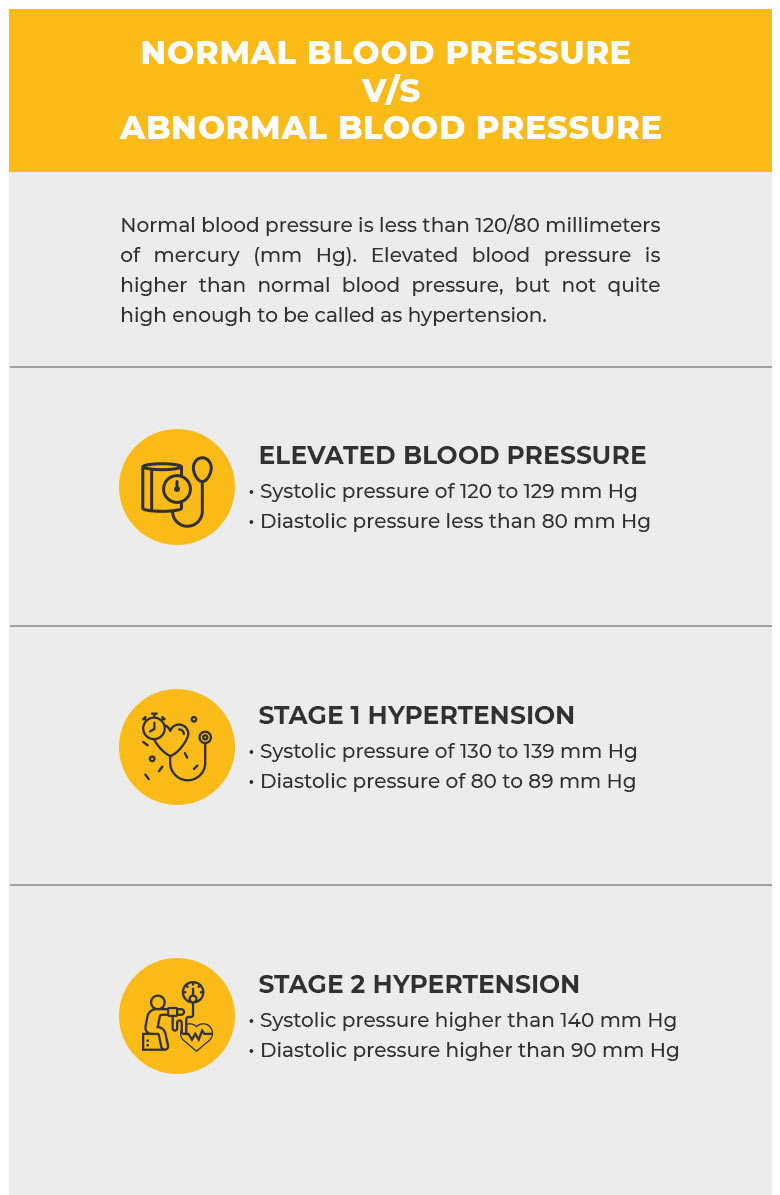
Note of caution: This article is for information purpose only. Always consult your doctor before altering any diet plans, medications or in case of any other blood pressure related troubles.
Disclaimer
The information contained in this article is to educate, spread awareness in relation to hypertension and other diseases to the public at large. The contents of this article are created and developed by BPinControl.in through its authors, which has necessary, authorisations, license, approvals, permits etc to allow usage of this articles on The Website. The views and opinions expressed in this article are views, opinions of the respective authors and are independently endorsed by doctors. Although great care has been taken in compiling and checking the information in this article, The Website shall not be responsible, or in any way liable for any errors, omissions or inaccuracies in this article whether arising from negligence or otherwise, or for any consequences arising therefrom. The content of this article is not a substitute for any medical advice. The Website shall not be held responsible or liable for any consequence arising out of reliance on the information provided in the article.

